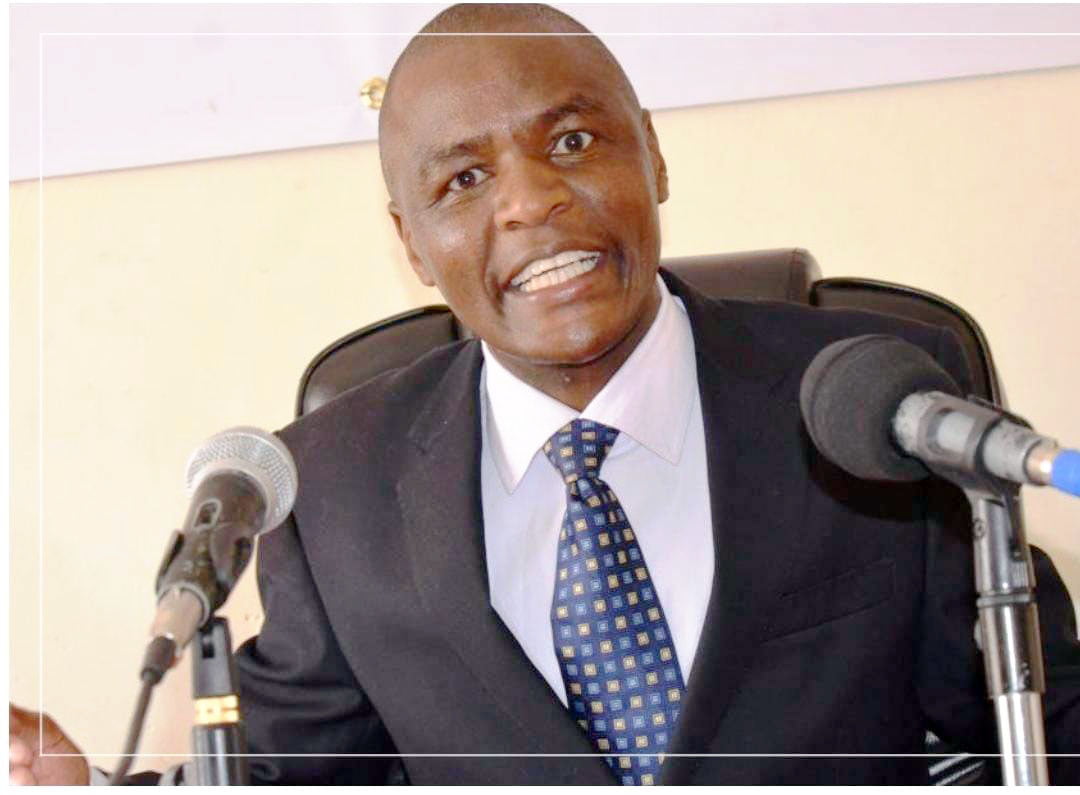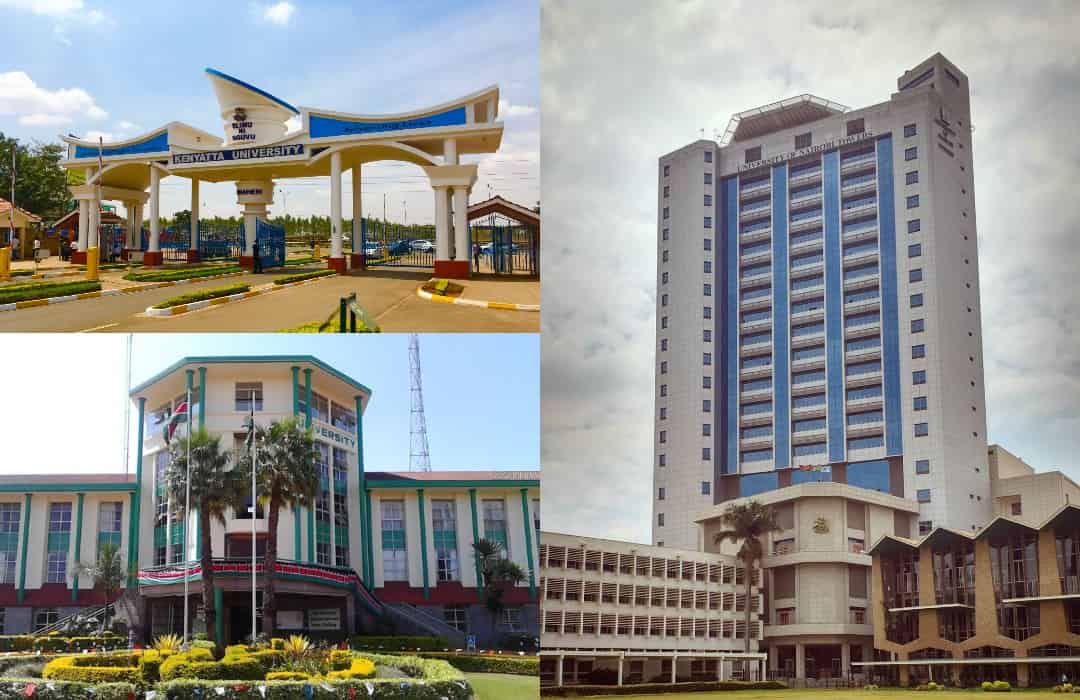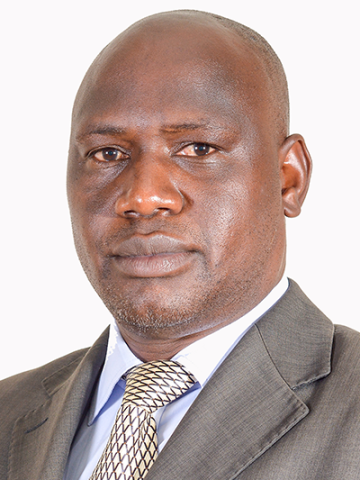Kenya Teachers in Hardship and Arid Areas Welfare Association (KETHAWA) has urged the Teachers Service Commission (TSC) to consider increasing the hardship allowance to 50 per cent in the re-negotiations of the 2021-2025 Collective Bargaining Agreement (CBA).
In a letter to the Commission Secretary and Chief Executive Officer (CEO) Dr. Nancy Macharia dated April 14, 2023 on issues affecting teachers in hardship and arid areas, the Association National Secretary Wangonya Wangenye stated that the increase in the hardship allowance will caution the teachers against high inflation rate moving forward.
“The commission and the unions negotiate and agree to increase hardship allowance payable to teachers in hardship and arid areas to at least fifty (50) per cent of teacher’s basic salary,” said Wangenye.
The letter was also copied to all the Secretary Generals of Kenya Union of Post Primary Education Teachers (KUPPET) Akelo Misori, Kenya National Union of Teachers (KNUT) Collins Oyuu, Kenya Union of Special Needs Education Teachers (KUSNET) James Torome and Kenya Union of Pre-Primary Education Teachers(KUNOPPET) Samuel Opiyo; and Chairman of Council of Governors Ann Waiguru.
Currently, the hardship allowance for teachers working in hardship zones is pegged at 30 per cent whereby the lowest paid teacher who is primary teacher II at grade B5 T-Scale 5 get an allowance of Ksh 6,600 per month; while the highest teacher who is the Chief Principals at grade D5 T-Scale 15 earn a total of Ksh 38,100 per month.
The Association also wants both the Commission and teachers’ unions need to negotiate and agree to always reserve at least 30 per cent of all promotions for teachers working in hardship and arid areas to compete amongst themselves, and that at least a quarter of all government scholarship designated for teachers be reserved for teachers working in hardship and arid areas.
It further wants them to negotiate and agree to start paying hardship allowance to intern teachers working in hardship areas since they work under the same conditions and environment as their counterparts in permanent and pensionable terms.
The Association also wants the two parties to negotiate the current policy requiring newly employed teachers to remain in the same duty station for at least 5 years before applying for a transfer, adding that the duration of stay should be reviewed to at least 2 years for teachers working in hardship and arid teachers.
In addition, it wants all informal settlements in the country be classified as hardship areas and start paying teachers working in this areas hardship allowances; and that the two parties should not only retain all regions currently classified as hardship, but also include others that were previously left out.
“This should be done in consultation with all other organizations and agencies for harmony and transparency. Teachers working here should also be paid hardship allowance and be backdated from the time they started working in these regions that had previously been left out,” said Wangenye.
According to Wangenye, teachers in hardship and arid and semi-arid land (ASAL) areas have issues which hinder them in providing effective services; hence calling upon TSC and unions to consider factoring them while re-negotiating the CBA.
Apart from the association wanting the stated issues which they have raised included in the next phase of collective bargaining with the unions; they also want them form part of the advisory to the national government on matters relating to the teaching profession particularly, the welfare touching on their membership of teachers in hardship and arid areas.
The Association further wants the same issues be considered for Pre-Primary teachers working under the employment of respective county governments under the Council of Governors.
“The Teachers Service Commission, the Council of Governors (which employ Pre- Primary teachers), and the trade unions that represent teachers in the Kenya should therefore take into consideration the issues that will be raised by the association from time to time as they embark on negotiations of collective bargaining agreements and other engagements pertaining to the welfare of teachers working in hardship and arid areas,” said Wangenye.
The Association which was formed and registered on January 10, 2012 draws its membership from all teachers in pre-primary, primary, secondary and tertiary institutions working in hardship and arid areas in the republic of Kenya.
It further articulates issues affecting all teachers in hardship and arid areas of Kenya as well as providing a platform for dialogue on important national and international issues that affect teachers in hardship and arid areas who are also marginalized.
By Roy Hezron
Get more stories from our website: Education News
You can also follow our social media pages on Twitter: Education News KE and Facebook: Education News Newspaper for timely updates.






